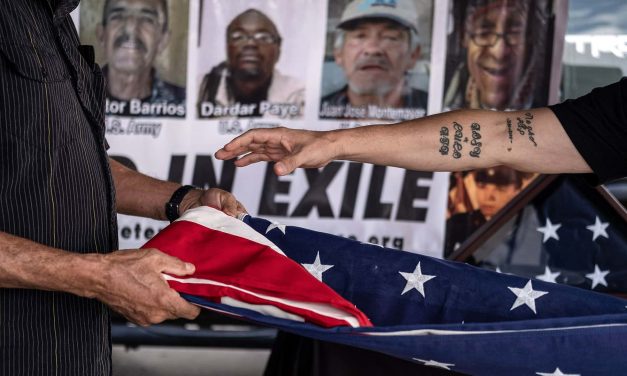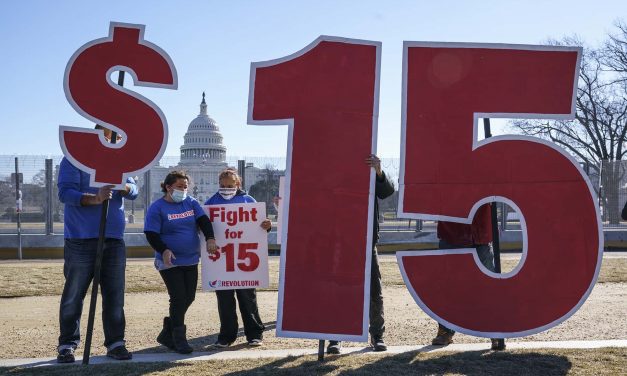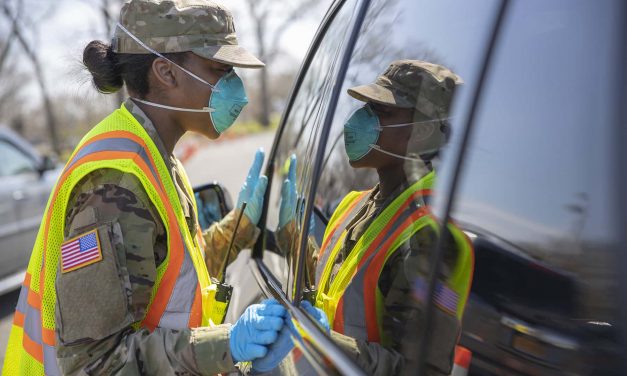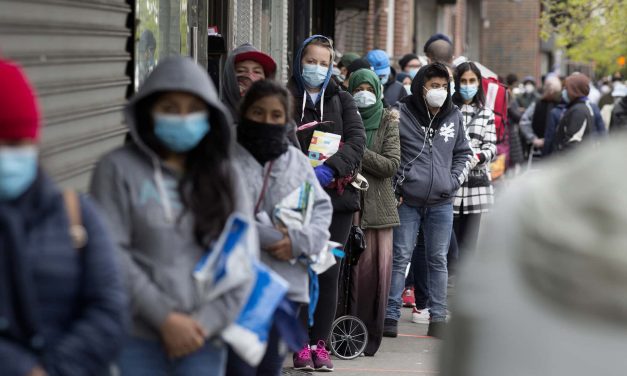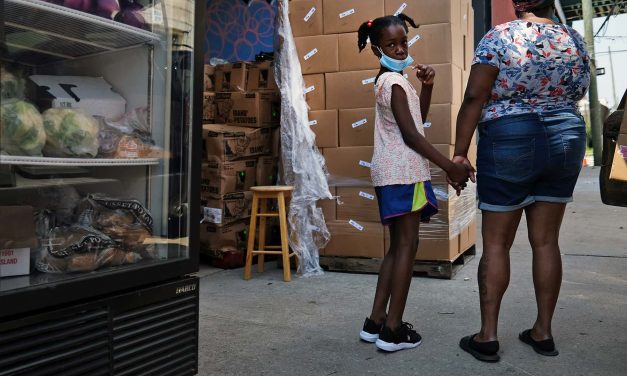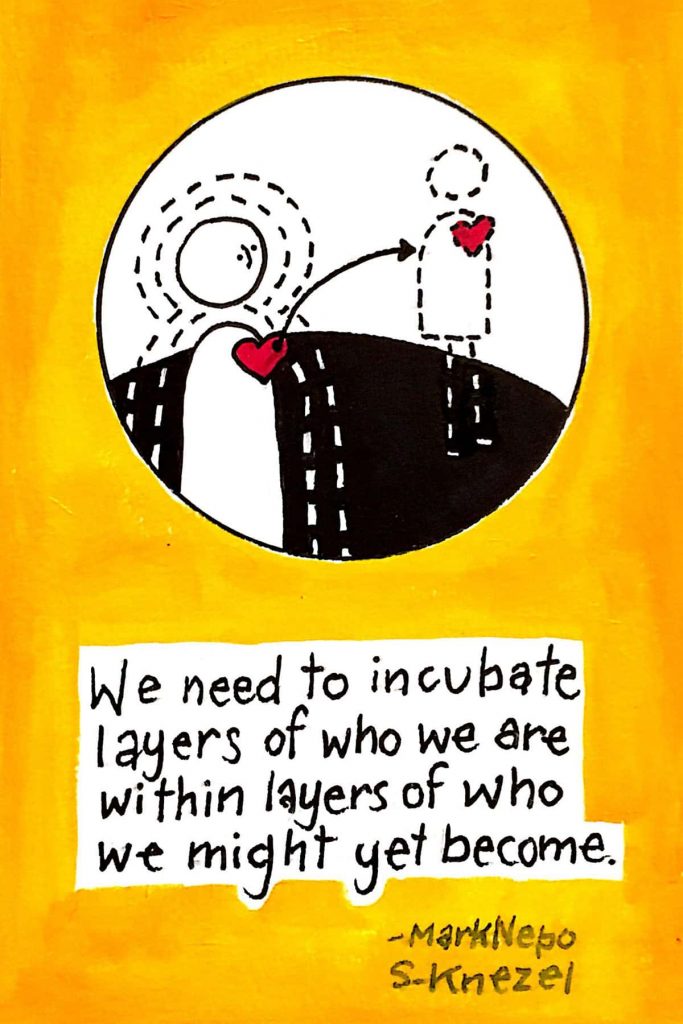Stranded far from home: Deported U.S. Veterans urge the Biden administration to repatriate them
By Jennifer Martinez-Medina, PhD Candidate/Political Science Instructor, Portland State University Ivan Ocon thought he would be headed back to civilian life as a U.S. citizen after serving the U.S. Army in Operation Iraqi Freedom in 2003. Ocon, who was born in Mexico, came to the United States as a legal permanent resident in 1985 to reunite with his mother. He joined the Army in 1997, and his recruiter assured him that enlisting would make him a U.S. citizen. When Ocon received orders of deployment to Iraq he was given a pre-deployment checklist to help him get his affairs in...
Read More
